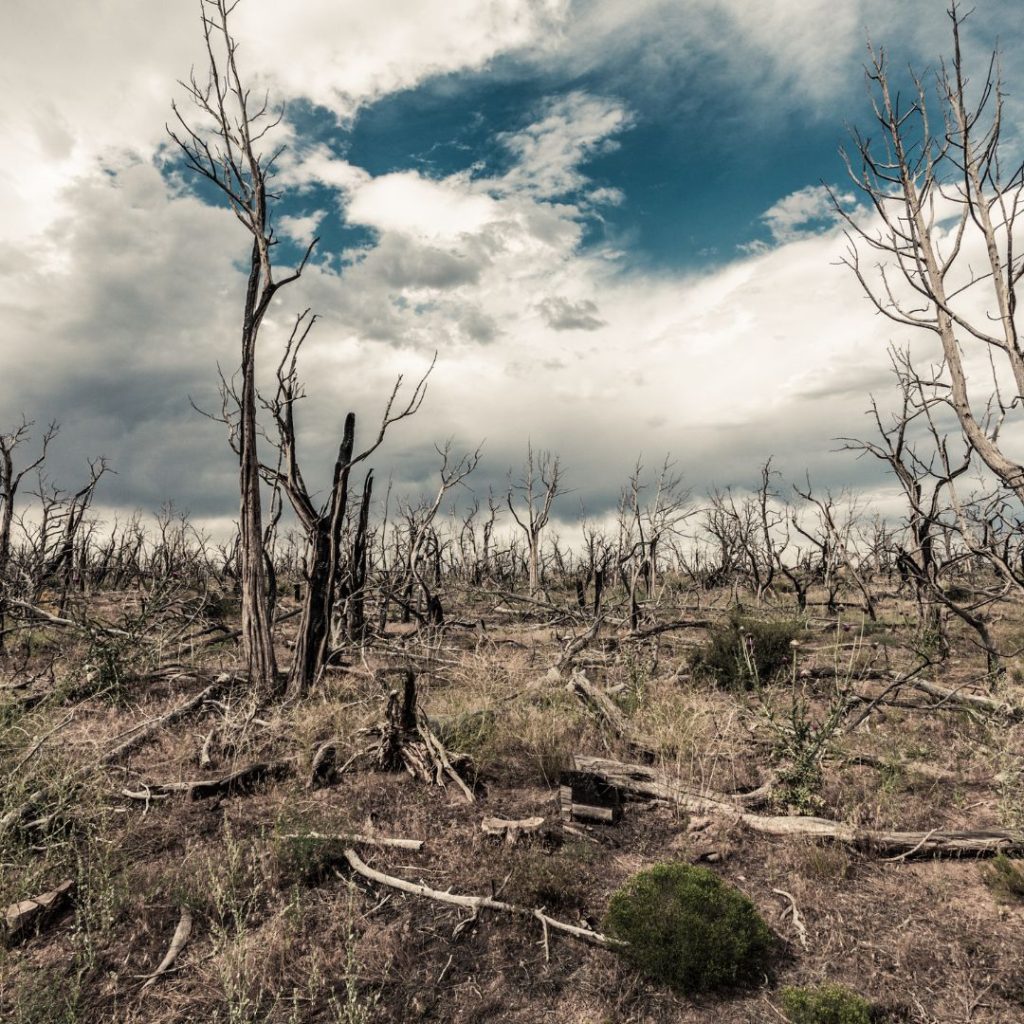Is the first agreement at COP 28 a success?

This year's World Climate Conference got off to a successful start yesterday. The "Loss and Damage" compensation fund for climate damage, which was agreed at COP 27, is now operational and will help to cushion the losses and damage in the world's poorest countries that have been caused by emissions from the global North in the global South and will continue to increase in the future. Or is it just window dressing?
Germany and the United Arab Emirates (UAE) have already pledged 100 million dollars each to the disaster fund, and other countries have followed suit, with the USA pledging a (paltry) 17 million US dollars and the UK 60 million. The western industrialized countries want emerging countries such as China and the oil-producing countries, which are partly responsible for a large proportion of global greenhouse gas emissions, to contribute to this fund. Climate activist Risha Davi commented: "Yes, we should hold Dubai to account, but we should also hold the countries of the global North to account for what they have done in the past and are still doing today."
Biggest sticking point in negotiations
The most difficult issue at COP 28 is the phase-out of fossil fuels. Scientists worldwide agree that the rapid reduction of CO2 is essential and can only be achieved by phasing out oil and gas. However, the positions of countries differ greatly in this regard.
We have already written several times about the discrepancy between the interests of the various countries and also the irony of having an oil-producing country and the CEO of an oil-producing company as the venue and head of the COP.
Different approaches
The decision to phase out coal was taken in Glasgow two years ago, but no agreement has been reached on the end of gas and oil production. Some countries would rather debate the highly controversial carbon capture and storage (CCS) instead.
And the UAE is planning to increase its oil and gas volumes over the next few years. According to the Standard, a new natural gas project described as "climate-neutral" has been approved. According to BBC research, the UAE also planned to use the World Climate Conference for oil and gas sales talks.
The lobbyists
The influence of oil-producing lobbyists on the COPS is huge - they make up the largest delegation at this year's COP after the UAE delegation. "The power of fossil fuel companies and their lobbyists must be massively curtailed, including at the COPs, where they often block science-based climate policy as part of national delegations. At the world climate conferences, they should at best be in the spectator stands and not at the negotiating tables," says David Jablonski, UNFCCC youth delegate at Climates Austria, who represents the interests of young people at COP 28.
Final decline
"If we do not commit to a final farewell to the fossil fuel era we are familiar with, we are calling for our own final demise. Of course I am very much in favor of a text that includes the phase-out," said UN Secretary-General Antonio Guterres. "I think it would be a shame if we were to stick with a vague and non-binding 'shutdown', the real meaning of which would not be obvious to anyone," Guterres continued.
In his speech on Thursday, Simon Stiell from the UN Climate Change Secretariat (UNFCC) also warned the representatives of almost 200 countries of the deadly consequences of global warming. "If we do not herald the final exit from the fossil fuel era, we will usher in our own final demise. And at the same time, we are agreeing to pay for it with human lives."
We share the assessment of Judith Neumann and Veronika Winter in their climate blog in the Standard, where they write:






